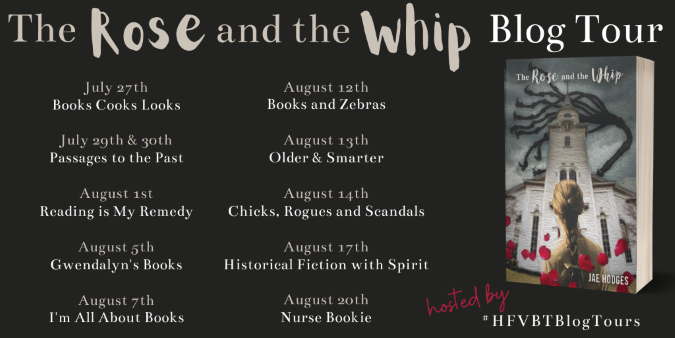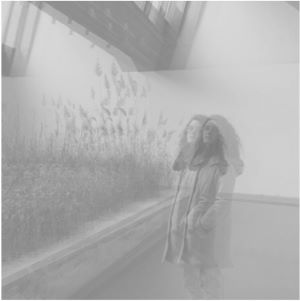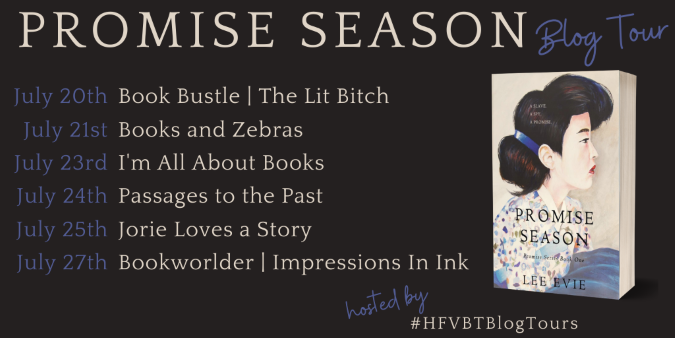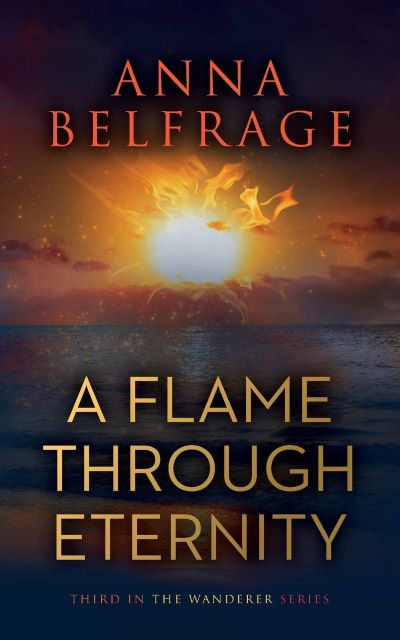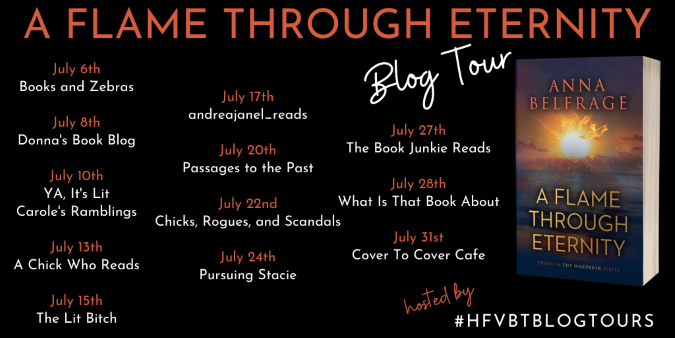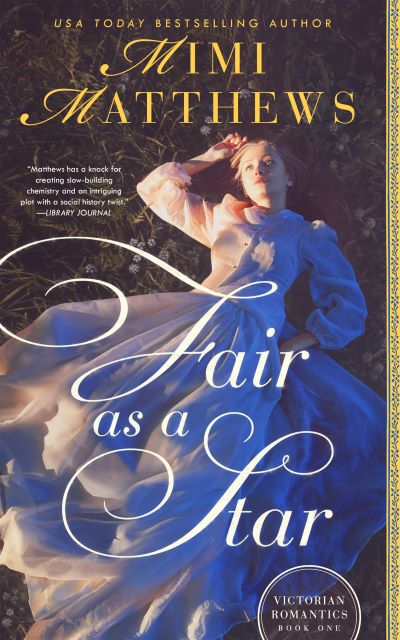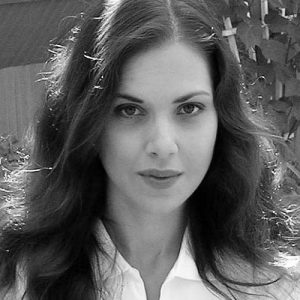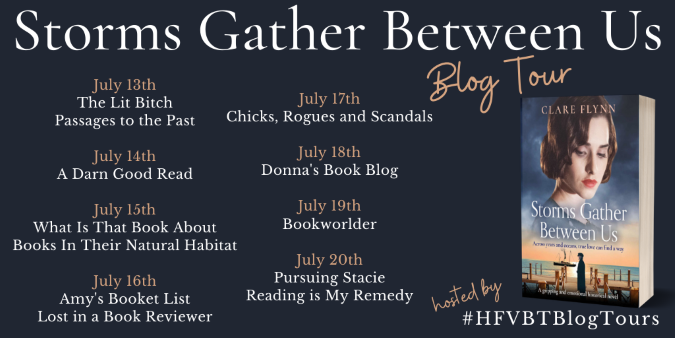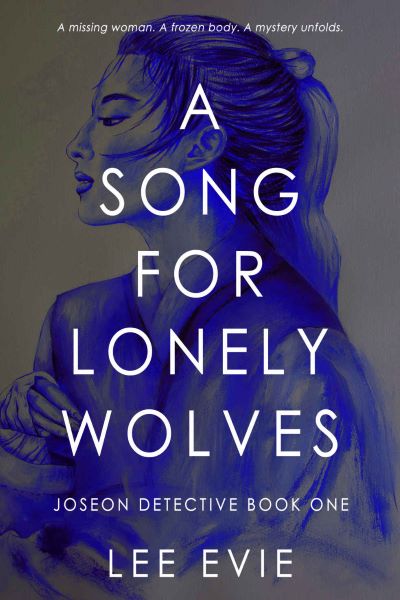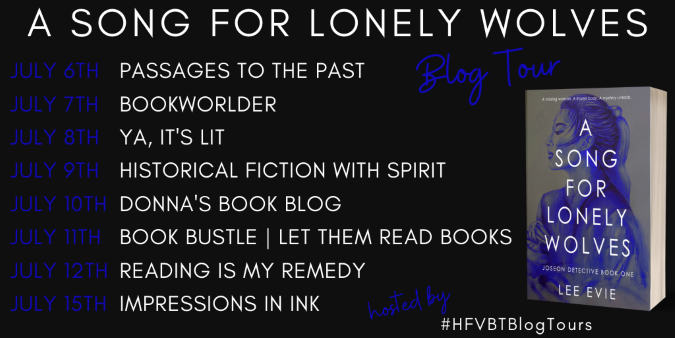Hello Jae and welcome to Passages to the Past! Thanks so much for stopping by today to talk about The Rose and the Whip!
To begin, can you please tell us a little about yourself and your writing?
Thanks for inviting me, Amy, I’m really happy to be here! About me, well, I retired about a year and a half ago, wanting to spend my time and energy on those things that I’d always been “too busy” to do before. Those included writing, but also photography, traveling and genealogy. The Rose and the Whip was my first adventure in trying to combine all these interests into one project. I enjoyed it so much I pretty much stick to my family history. So many places in the world to see, so many stories to preserve, and so much art in those everyday items just collecting dust in my garage. I’ve got at least a half dozen more stories in various stages of development, and it seems like every time I work on the genealogy part, I find more.
What inspired you to write The Rose and the Whip?
I found Lidia Wardell, who is the wife of my first cousin 10x removed, while I was helping my daughter with a school project on the Salem Witch Trials. Lidia’s brother-in-law was Samuel Wardwell, one of the few men and one of the last to be executed. To be honest, Lidia’s story interested me more. I found dozens of references to her one great act of courage—when she walked naked through the Newbury Meeting-house—but when I started digging I found a trail of systemic persecution over the span of years eventually resulting in her family being forced out of their home in Hampton (now in New Hampshire). And what really fascinated me was the fact that most of the persecution was at the instigation of her village priest, the Reverend Seaborn Cotton. There was a story there that just wouldn’t let go of me.
What research did you undertake when writing The Rose and the Whip?
I started with the court records. From there I found provincial documents. One of the things I love about genealogical research is that it is never complete. There’s always documents being found and scanned into the internet, so I’m actually still finding new information—thankfully nothing that contradicts what I wrote, but some I wish I’d had earlier to include. I also used first and second-hand accounts by Quakers and others who knew Quakers at the time which gave me direct and indirect information about Lidia and the people around her, plus context for the times and cultural nuances. I read and studied Quakerism as well as the Bible. I even used the poetry of John Greenleaf Whittier, a 19th century Quaker poet from the area in which Lidia lived. I’ve visited the towns of Hampton, and Newbury and Ipswich in Massachusetts several times, and Boston where they have a phenomenal historical and genealogical library. I have to admit I really like the research part of writing, and sometimes I actually have to make myself stop to write.
What would you like readers to take away from reading The Rose and the Whip?
In general, strong and courageous women are everywhere and in every time. We usually only hear about the women who have been propelled into history or the spotlight, but each one of us has women in our family history who have done amazing things. And they deserve credit for their actions, and they deserve to have their stories told so our daughters can grown up knowing they have strength and courage in their blood.
What was your favorite scene to write?
I think I enjoyed writing the chapters about the three vagabond women the most. There was so much going on in that event, with so many people involved, and the emotions were really complex because there were these women, of course, but there were also the men using their positions to manipulate the actions and emotions of the townspeople who came out to watch, and there were the bystanders who chose to put themselves at risk by taking a stand for something that just wasn’t right. I took three chapters to cover this single event.
What was the most difficult scene to write?
All the scenes in which Lidia is whipped were difficult because it is something I couldn’t know or understand except by reading about it or watching television or movies. I had to try to understand not only the physical but the psychological effects of being whipped, not just a few times, but so many times that death was a real possibility, and make it believable not just observable. Then I had to write the recovery, which was just as challenging.
When did you know you wanted to be a writer?
I loved reading as a child and thought it would be great fun to write stories. As an adult, I’ve always jotted down my ideas, written some short stories about events that have gotten stuck in my head, and written poetry to understand my surroundings. When I decided to retire, I decided it was time to focus attention on writing and story telling.
What does your daily writing routine look like?
My routine for writing The Rose and the Whip was very different than my routine since I retired. I wrote most of my first book while I was deployed in Afghanistan. I had two half days a week that I wasn’t required to be in the office working, so I spent that time writing. Now, I have a little more flexibility and control over my time so I work out and do household chores in the morning, and I write (or work on writing activities) at least three afternoons/evenings a week. Other days I volunteer, spend time with family, and work on photography or other projects.
What has been your greatest challenge as a writer? Have you been able to overcome it?
I never took any formal writing courses in school, and frankly, there’s so many resources available (writing courses, conferences, etc) that it’s overwhelming and a bit confusing sometimes. I’d like to eventually study for a doctorate in creative writing, so in order to catch up and prepare myself for that, I’ve engaged a writing coach for a year or so of one-on-one training. It was probably the best thing I could do to overcome some of the mistakes I made with The Rose and the Whip, and broaden my perspective so I could grow and improve my writing from here.
Who are your writing inspirations?
If I could just come close to writing like Alice Munro, A.S. Byatt, Paul Auster, Kazuo Ishiguro and the Victorian women (Virginia Wolff, Edith Wharton and Vita Sackville-West), I’d feel like I’ve achieved something.
What was the first historical novel you read?
I honestly don’t pay a lot of attention to genre because I read so many different kinds of things, so I can’t say what was the first, but I might say that Geraldine Brooks’ People of the Book could have been the first novel I acknowledged as historical fiction.
What is the last historical novel you read?
I’m currently reading Wolf Hall by Hilary Mantel. It’s not only a terrific book, but it’s part of my research for my next book which will take my protagonist back through her family history starting from the Civil War and going back to 13th century British royalty and literati, including the Tudor period.
What are three things people may not know about you?
I always have to laugh at this question because I feel like there is so much, and yet there is very little. When I was working, and attending team-building events, they would always ask this question. So here’s what my response would almost always be. First, I share ancestry with the two presidential candidates plus one of those candidates’ vice-presidential running mates from the 2004 election cycle. Second, whenever anyone asks for a picture of me I usually refer them to Frieda, the little red-haired girl from the Peanuts cartoon. And third, I was a junior bowling champion in another life.
What appeals to you most about your chosen genre?
I get to spend time doing genealogy, tracking down interesting stories about everyday people, studying history, and visiting the places where my ancestors lived and walked.
What historical time period do you gravitate towards the most with your personal reading?
I’d have to say I find myself drawn towards the late 19th / early 20th century the most. I often wonder if that’s when I lived in my last life and I have some unresolved issues that continue to draw me in.
What do you like to do when you aren’t writing?
I like to do genealogy, obviously, but I also like to photograph the family treasures I’ve been fortunate enough to inherit and preserve. I love to travel, and can’t wait to do that again. Reading is a must, so much so I usually read 6-8 books at a time. I keep them in different places so I always have a book handy in case I have a few minutes to spare.
Lastly, what are you working on next?
I’ve started working on another historical fiction novel, this one based on an old manuscript I found while I was poking around in the archive of a historical site a few years ago. I’m working on two collections, one short fiction stories and the other creative non-fiction stories, and I’ve collected a stack of books about Ezra Pound because I want to write a book about his prosecution and conviction for treason during World War II—the federal prosecutor in that case was a cousin and I think a fictional account of the interviews between these two men might be really interesting. Beyond that, I have SO many family history stories to tell, I can barely keep up with them all.
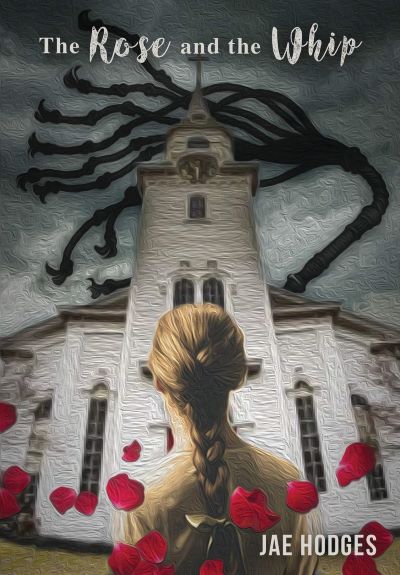
The Rose and the Whip by Jae Hodges
Publication Date: March 25, 2020
WordCrafts Press
Hardcover, Paperback, & eBook; 252 Pages
Genre: Historical Fiction
Lidia Wardell walked naked through the Newbury meeting house. She was prosecuted, and publicly whipped for this crime.
This event is common historical knowledge. The Rose and the Whip is set in the Massachusetts Bay Colony in May 1663, but tells the entire story of systematic persecution of dissenters, by dissenters. Lidia relates the story of her life, and the series of events that culminated in her decision to take this action in protest of the Puritan community leaders' treatment of Quakers. As she is charged, sentenced, and tied to the whipping post, then subsequently thrashed with twenty or thirty lashes, she critically examines each of these events and reflects on how they served to transform her and her perspectives on truth and faith.
Amazon | Barnes and Noble | Kobo | IndieBound
About the Author
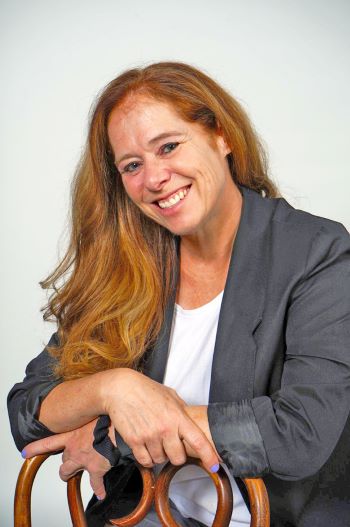
Everyone has a history and a story. Jae uses the most alluring stories from the chronicles of her own ancestry and others around her to create timeless tales of everyday people making history. On her quest to capture the essence of walking in their footsteps, she travels and uses her pencil and camera lens to imagine them in their own surroundings.
Jae lives on the Tennessee River in Alabama with her husband and companion pooch.
Facebook | Twitter | Instagram | Goodreads
Blog Tour Schedule
Monday, July 27Review at Books, Cooks, Looks
Wednesday, July 29
Review at Passages to the Past
Thursday, July 30
Interview at Passages to the Past
Saturday, August 1
Review at Reading is My Remedy
Wednesday, August 5
Review at Gwendalyn's Books
Friday, August 7
Feature at I'm All About Books
Wednesday, August 12
Review at Books and Zebras
Thursday, August 13
Review at Older & Smarter
Friday, August 14
Guest Post at Chicks, Rogues and Scandals
Monday, August 17
Review at Historical Fiction with Spirit
Thursday, August 20
Review at Nurse Bookie
Giveaway
During the Blog Tour, we are giving away a copy of The Rose and the Whip by Jae Hodges! To enter, please use the Gleam form below.Giveaway Rules
– Giveaway ends at 11:59 pm EST on August 20th. You must be 18 or older to enter.
– Paperback giveaway is open to the US only.
– Only one entry per household.
– All giveaway entrants agree to be honest and not cheat the systems; any suspicion of fraud will be decided upon by blog/site owner and the sponsor, and entrants may be disqualified at our discretion.
– The winner has 48 hours to claim prize or a new winner is chosen.
Rose and the Whip
